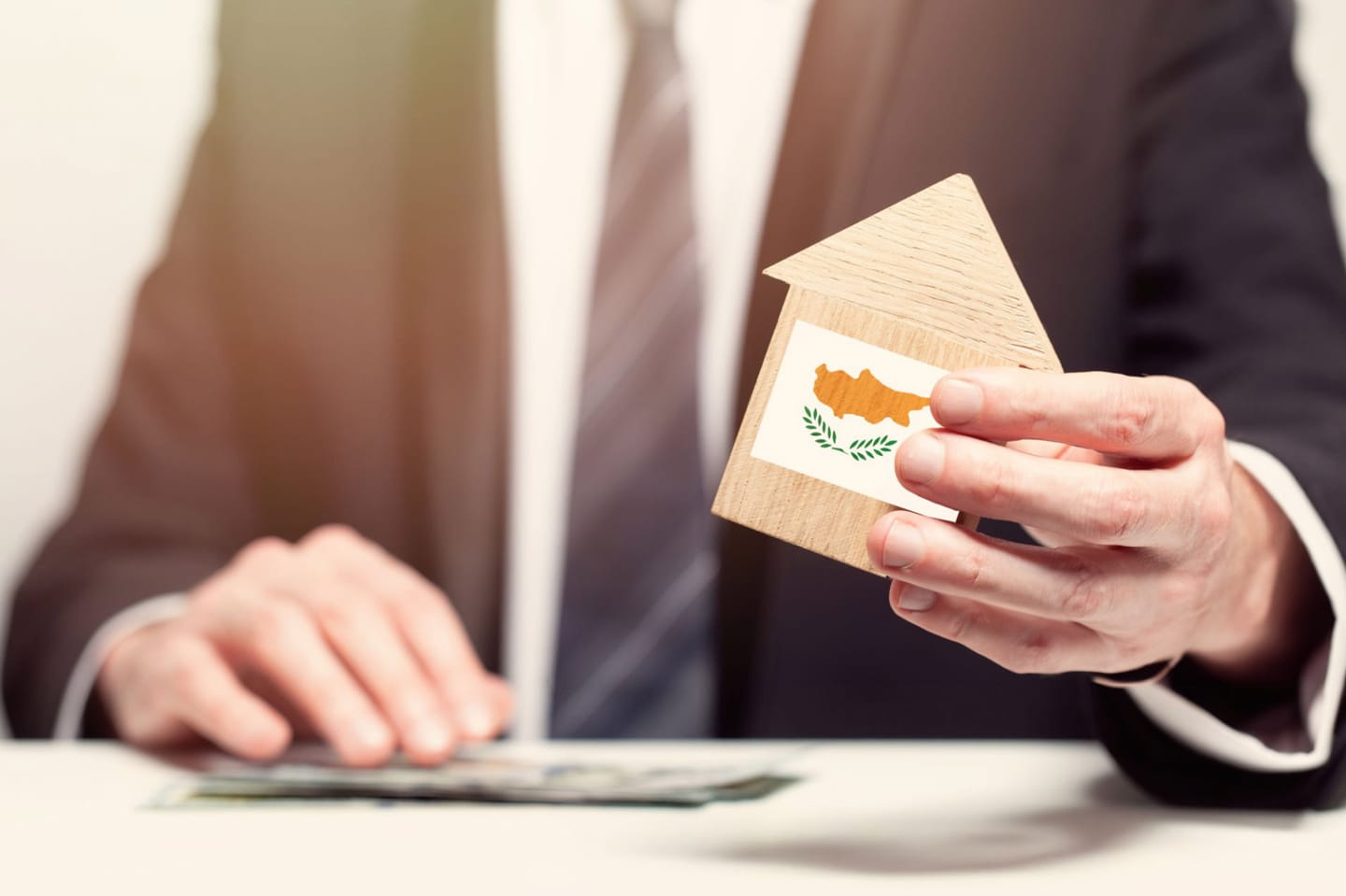Congratulations! You’ve decided to buy property in a foreign land! People may invest in foreign property for different reasons. Some want a vacation place. Others want to make money from rentals. You might have one of these reasons or several. The most important thing now is to choose the right location, learn about local laws, and understand the best way to make the deal.
We’ve already helped you with the location. It’s Cyprus. Next — read our guide. You’ll discover why Cyprus is a great choice for these investments. We’ll also provide step-by-step on buying an apartment abroad, what laws to follow, how to avoid mistakes, and where to find support if any issues arise.
What to Look For When Buying Property and Why Choose Cyprus?
Picking the ideal location is a crucial first step when investing in property. In Cyprus, the pricing policy and market dynamics vary by region, offering diverse opportunities for buyers. For instance, according to Cyprus Mail, the average price of an apartment in Limassol reached €558,230 in 2024, reflecting a 20.6% year-on-year increase. In contrast, as for Global Property Guide opinion, Nicosia’s average apartment price is €198,421, making it a more budget-friendly option.
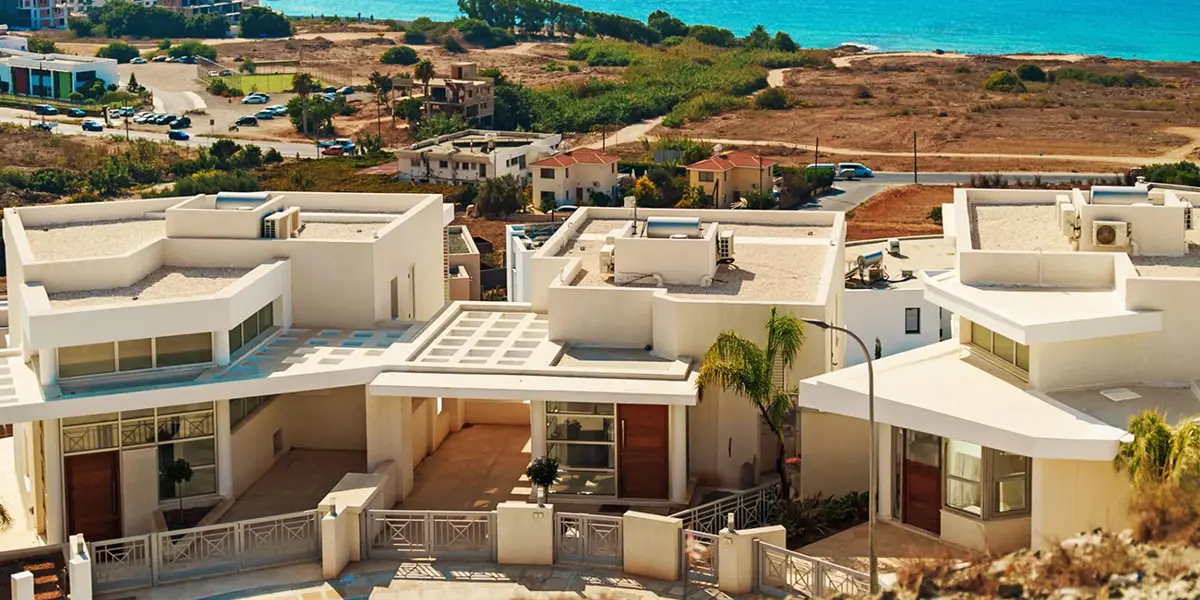
When considering prospects, remember that Limassol and Paphos have shown strong price appreciation, with projections indicating continued demand from international investors in 2025.
So, let’s see what you should focus on when planning to buy property in Cyprus and what factors, beyond pricing, make this location a compelling choice.
1. Reliable Economy

2. Good Infrastructure
A well-developed infrastructure is essential for a high quality of life and seamless daily activities. Cyprus continues to invest in its infrastructure, ensuring convenience for both residents and investors.
Key Infrastructure Highlights:
- Airports: Two international airports in Larnaca and Paphos facilitate easy travel.
- Healthcare: 12 major hospitals, including top-tier facilities like the American Medical Center.
- Education: Growing number of international schools.
- Smart City Development: Limassol aims to become a climate-neutral smart city by 2030, earning recognition as one of Europe’s top emerging urban centers.
- Modern Roads: Smooth highways connect major cities, ensuring convenience for residents and investors.
3. Growing Property Market
When purchasing property, investors seek a dynamic and growing market. Cyprus has demonstrated strong property market trends, offering promising opportunities for buyers.
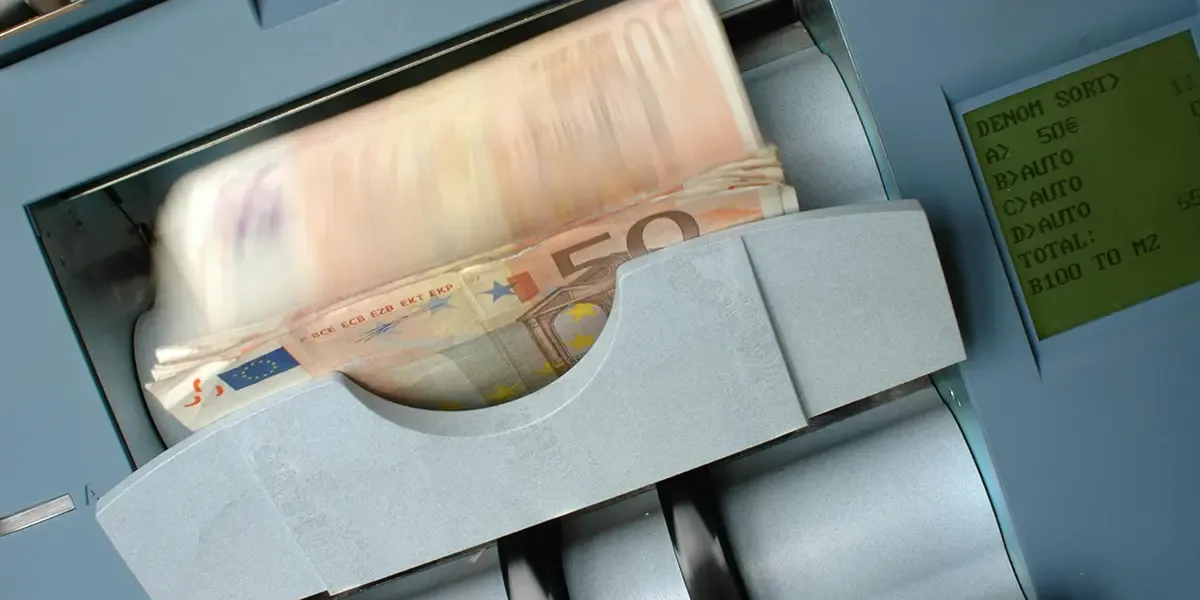
Key Market Trends:
- Property Price Growth: Prices climbed by 5.6% in 2024.
- Leading Cities: Limassol and Nicosia attract both local and international buyers.
- Tourism-Driven Growth: Paphos, a popular tourist destination, continues to expand.
- 2025 Tourism Forecast: Statista predicts a 7.3% increase in visitors, ensuring strong property demand.
4. Safe and Stable Country
Safety and stability are essential for any real estate investment. Cyprus offers a secure environment with strong legal and political frameworks.
Why Cyprus is a secure investment:
- Safety Ranking: In 2024, the Eurostat Safety Index ranked Cyprus among the top five safest countries in Europe.
- Low Crime Rate: According to Cyprus Police reports, the crime rate has remained consistently low, with a 7.2% decrease in serious crimes in 2024 compared to the previous year.
- Political Stability: As an EU member, Cyprus enjoys a stable political environment, fostering confidence for long-term investments.
- Legal Security: Compliance with EU property laws ensures investor protection, with property rights safeguarded under the country’s transparent legal framework.
5. Rental Demand
A high rental demand ensures a strong return on investment for property buyers. Cyprus, with its booming tourism industry, offers a lucrative rental market.
Strong Rental Market:
- Tourism Impact: In 2024, over 4 million tourists visited Cyprus, fueling rental demand.
- Peak Season Occupancy: Popular areas like Ayia Napa and Limassol saw occupancy rates soar to 78%.
- 2025 Forecast: Tourism is expected to grow by 10%, making rental investments even more lucrative.
Step-by-Step Guide to Buying Property in Cyprus
Let’s go through the step-by-step process to ensure your property purchase is quick, well-managed, and with minimal costs.
Step 1: Set Your Budget
Knowing what you can spend is crucial before browsing for homes or apartments. Think about everything — how much you can pay upfront, plus taxes, maintenance costs, legal fees, and registration. Do you want to take out a loan or get a mortgage (especially from a bank in Cyprus)? Look into the options and terms ahead of time.
For a general idea of property pricing in Cyprus as of 2024, let’s trust what Real Estate Cyprus Outlook says:
- The minimum price for a small apartment in areas like Nicosia or Limassol starts from around €100,000 – €150,000 for smaller, older units.
- The maximum price for luxury properties or new villas in prime areas like Limassol or the coastal areas can go up to €2 million – €5 million, depending on the location and size of the property.
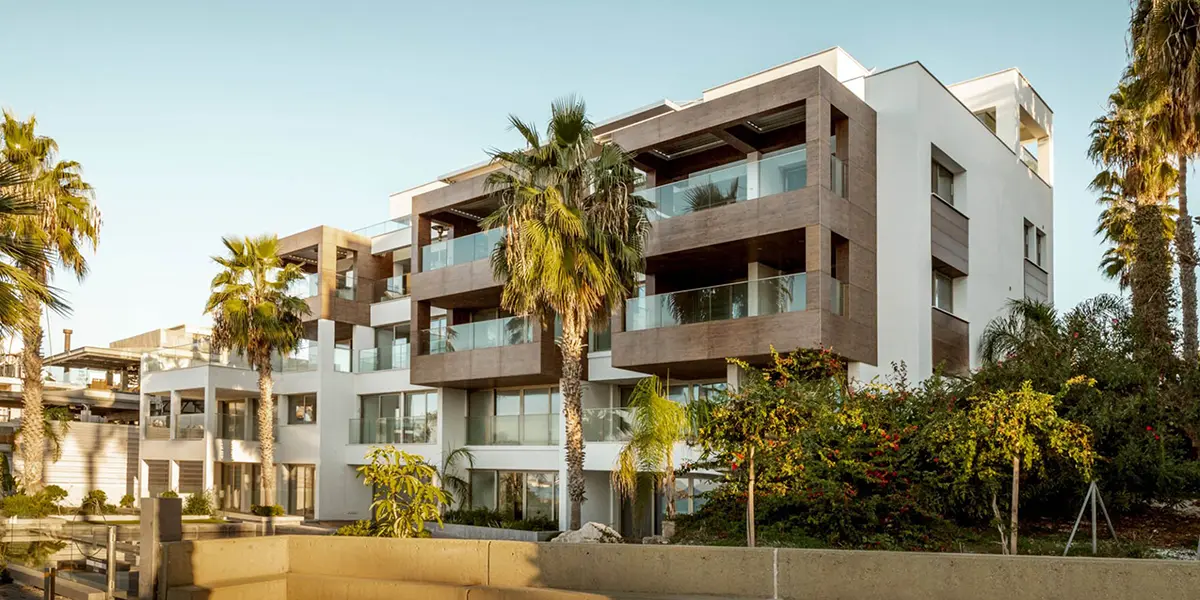
Step 2: Choose the Right Location
It’s time to narrow down your search. Which region should you choose? Cyprus has many different areas, each with its advantages and characteristics. Ask yourself: Why am I buying property? What do I plan to do with it soon?
- For investment: Limassol and Nicosia are growing quickly and have strong rental demand.
- For holiday homes: The coastal areas of Ayia Napa, Protaras, and Paphos are popular among tourists.
- For long-term living: Cities like Nicosia offer a more urban lifestyle, with all the amenities needed for families and professionals.
Step 3: Research the Market and Property Types
Narrow your search even further. What type of premises are you buying? Research the local market (you can easily find up-to-date listings and statistics online). Consider the following local variants:
- Apartments are great for rental income or city living. Cyprus Realtors inform that the average price for an apartment in Cyprus in 2024 is approximately €1,500 to €2,500 per square meter, depending on location.
- Villas: Ideal for holiday homes or long-term rentals in tourist areas. Expect to pay around €2,500 to €4,500 per square meter in popular coastal areas like Limassol and Paphos, as for Statista prognosys.
- Commercial properties: For business owners or investors seeking higher returns, commercial property prices vary widely but range from €1,000 to €3,500 per square meter depending on location and type of business zone.
Choose your location and check the prices for the premises. Consider your options and weigh your possibilities carefully.
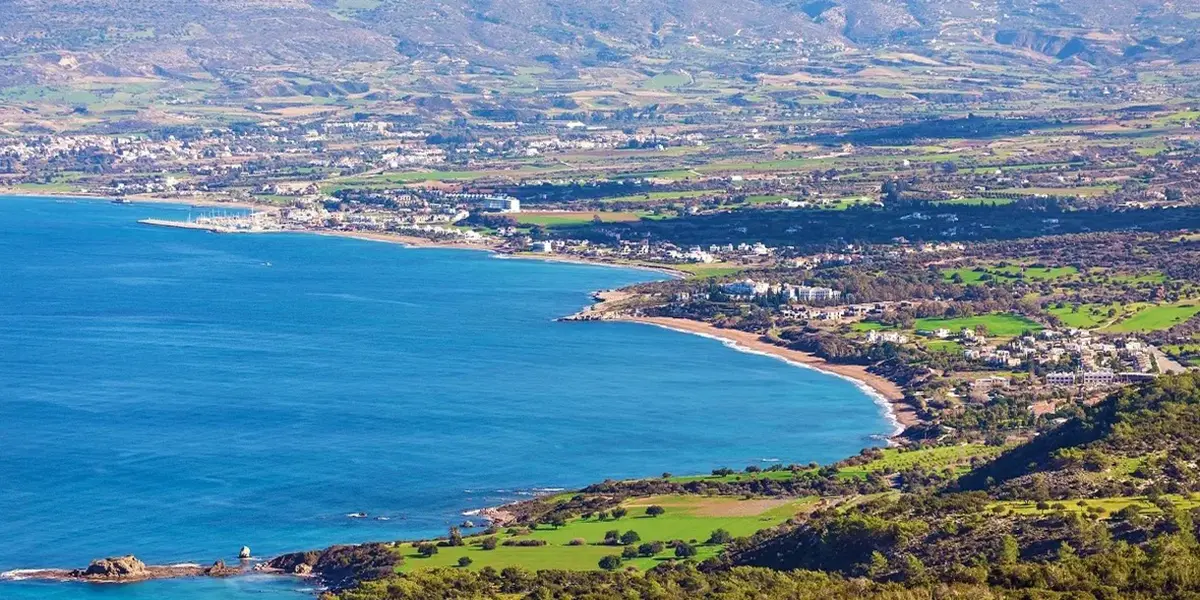
Step 4: Find a Local Real Estate Agent
A property agent is your guide in this process. They know the area, can show you homes or apartments that fit your budget, and help with all the legal steps.
Here’s how to find one:
- Look for listings and agent contacts on websites like PropertyFinder or Rightmove.
- Look for real estate offices in the area where you want to buy, such as Limassol or Paphos.
- Get recommendations from friends, locals, or expats who have bought the property.
Make sure the agent is licensed and reliable. You can check their reviews online or ask them to show proof of their registration.
Step 5: Legal Due Diligence
Before you offer to buy premises, make sure everything is legal and correct. It’s better to double-check every contract line and all related documents without knowing the local laws and rules. Here’s what you need to check:
- Clear Title Deed: You must confirm that the owner has legal rights to the asset. The title deed is a document showing the property’s ownership. You must ensure the seller’s name is on it and there are no issues with ownership.
- No Unpaid Debts or Legal Issues: Check if the property has unpaid bills, taxes, or loans. If there are any, you could be responsible for them after buying the property. Ensure the property has no legal problems, such as legal cases or conflicts.
- Compliance with Local Laws: Ensure your property follows local rules and zoning laws. Check the official guidelines on the Department of Town Planning and Housing website. This resource provides detailed information about zoning laws, construction permits, and approved areas for property development.
You can hire a local lawyer specializing in property purchases. They can help you ensure everything is correct and legal before making an offer.
Step 6: Make an Offer
After choosing a property you like, follow these steps:
- Give Your Offer: Tell the seller how much you want to pay.
- Sign the Paper: You will sign a contract if the seller says yes. This document includes the property’s price, the deposit you will pay now, and the payment schedule.
- Ask a Lawyer to Check: Show the paper to your lawyer before signing. They will make sure everything is correct.

This step is important because, after signing, you must follow the contract’s instructions. Be careful and check everything!
Step 7: Transfer of Funds
This step can seem complicated, but it’s manageable if you know your options and plan. Let’s learn how to transfer money and what to watch out for.
- Use a Bank Transfer: Most people send money using international transfers, which Cyprus banks often handle. It’s a common and secure choice.
- Open a Local Bank Account: Sometimes, you may need to open a Cyprus bank account to complete the payment. Check with your lawyer to see if this is required.
- Understand Bank Limits: Some Cyprus banks limit your transfer amount to a single day or month. Ask the bank about its policies to avoid any delays.
- Cryptocurrency Payments: Do you prefer cryptocurrency? Check with your lawyer and the seller to see if they agree. Some transactions may not allow that currency, so you must convert it into the currency specified in the contract beforehand.
- Save All Documents: Always keep copies of your transfer records, receipts, and confirmations. These can protect you in case of any issues.
Consult with your lawyer before making any payments. They can advise you on the best and safest way to send money for your property purchase.

Step 8: Finalize the Purchase
Now, it’s time to own your property officially. Here’s what you need to do step by step:
- Sign the Final Contract: Meet with the seller and sign the final sale agreement. Make sure your lawyer is there to check everything is correct.
- Pay the Remaining Fees: You must pay any outstanding taxes, fees, or costs, such as stamp duty or registration charges. Your lawyer can give you the exact list.
- Register the Property: Go to the Land Registry Office with your lawyer or agent. Submit the necessary documents, like the sale agreement and proof of payment. The office will officially record the home under your name, and you will receive the title deed.
To avoid mistakes or delays, keep your lawyer or agent involved throughout this process. They will be your support and service handler throughout.
Step 9: Apply for Residency (if applicable)
You can apply for permanent residency if you buy property worth at least €300,000. With the Cyprus Permanent Residency Program, you can live in the country without a visa or work permit. Plus, you get extra perks like tax benefits and access to local services. Other programs can offer even more benefits, like better healthcare or education. In recent years, the program has seen increasing popularity, with over 4,000 residency permits granted in 2020 alone, as more individuals take advantage of EU access and favorable conditions.
How to Monetize Property When You’re Not Using It
Owning property in Cyprus presents a great opportunity for generating income, even when you’re not actively using it. Various monetization options allow property owners to benefit from strong market demand. Below are key factors that are driving the profitability of property ownership in Cyprus.
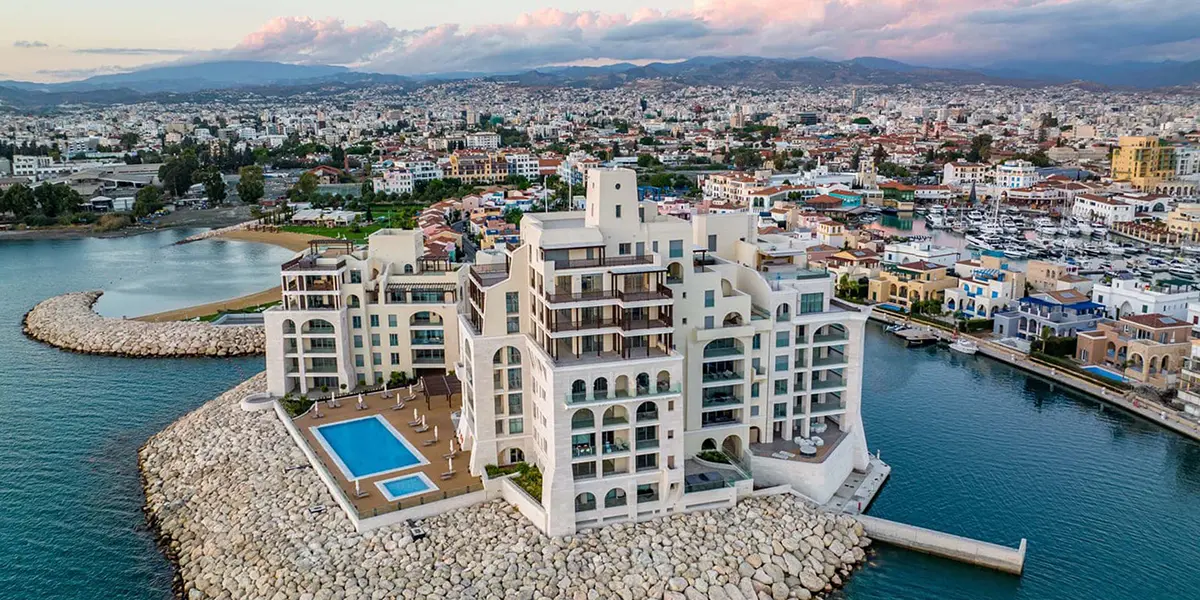
Key Factors Boosting Profitability
Several market trends and statistics show the strong potential for property-related income in Cyprus. These key factors make it an appealing investment location:
- Real Estate Sector Contribution: The real estate industry accounted for 16% of Cyprus’s Gross Value Added (GVA) in 2023.
- Tourism Growth: The number of tourists visiting Cyprus increased by 2.4% from the first half of 2023 to the first half of 2024. Global Citizen Solutions promises tourism will grow by 10% in 2025, further boosting rental demand.
- Rising Expenditures: During the same period, average spending per tourist grew by 2.8%.
- Construction Growth: From 2013 to 2020, the construction sector saw steady expansion, with a significant 16% rise in 2022, followed by an increase of around 2% in 2023.
- Rental Price Trends: Residential rental prices increased across all regions of Cyprus in Q3 2024 compared to Q3 2023, except in Limassol, where a slight decrease was noted.
Ways to Monetize Your Property
There are various ways to generate income from your property when you’re not using it. Consider these popular options to make the most of your investment:
- Short-Term Rentals: Cyprus offers a thriving holiday rental market. Many families, travelers, and students seek affordable seaside accommodations on platforms like Booking.com and Airbnb.
- Long-Term Rentals: In cities like Nicosia, professionals and students create a steady demand for long-term leases.
- Holiday Home Management: Hiring a property management company ensures hassle-free income by handling bookings, maintenance, and guest services.
- Event Hosting: Properties in picturesque coastal areas or with unique features can be rented out for weddings, photoshoots, or private gatherings.
- Commercial Use: Depending on zoning laws, converting a property into an office, shop, or coworking space can provide additional revenue streams.
Each of these options has its benefits. The choice largely depends on the premises type, location, and expected rental period.
Regulatory Considerations
Before jumping into short-term rentals, there are some regulations to keep in mind. Make sure you’re in compliance with local laws by considering the following:
For those choosing short-term rentals, Cyprus has specific tax requirements. Property owners must register with the Cyprus Tourism Organization (CTO) and comply with local regulations.
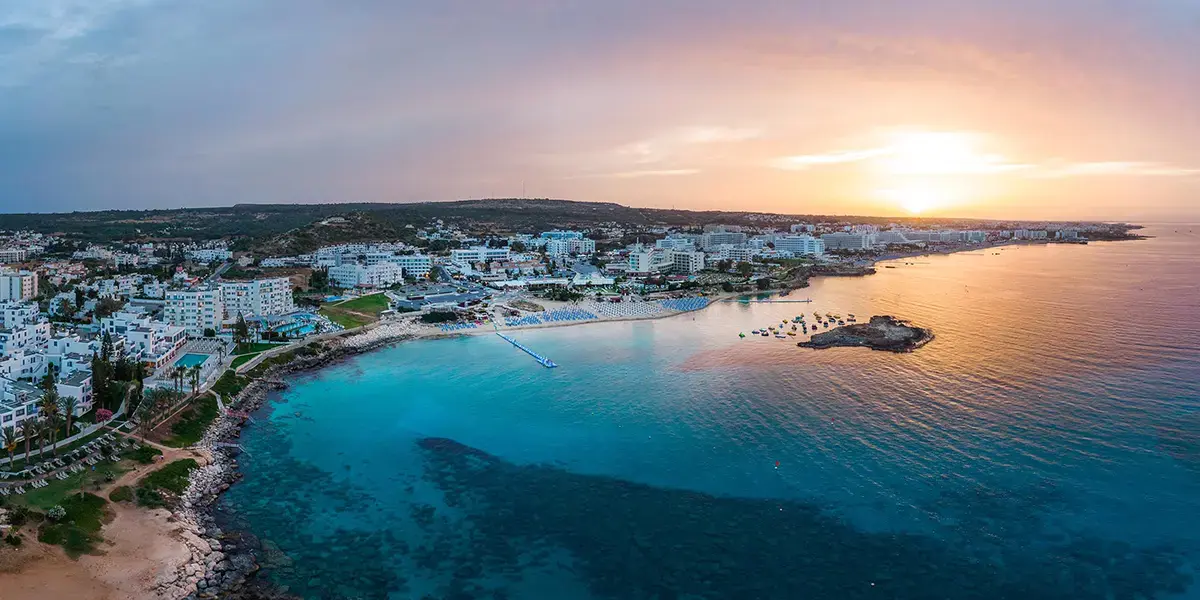
What are the Legal Requirements for Renting Out Property in Cyprus?
You’ve purchased a property and determined how to profit from it. Here are some crucial details to remember if you intend to rent it out:
- Taxation: Taxes must be paid if you rent your Cyprus property for a living, and the Cyprus Tax Department regulates them. If your annual rental income exceeds €19,500, you will be subject to taxation. The rate can range from 20% to 35%, depending on your income.
- Registration: Do you plan to rent your home for short stays (less than 90 days)? Register it with the Cyprus Tourism Organization (CTO). The CTO will check if your house meets safety standards and is suitable for guests. They will provide a list of requirements that your property must meet before you can start renting it out.
- Premises Care: Don’t you want to manage your place yourself? You can hire a company to take care of everything. They’ll handle maintenance, rent collection, and more. It’s a great option if you don’t live in Cyprus.
Final Thoughts
Buying real estate in Cyprus is a great investment for the future. The country shows stable economic growth, and local laws favor foreign investors. Whether buying a house, commercial property, or a small apartment by the sea or residential area, any option can bring good returns.
Completing the purchase usually takes 4 to 6 weeks. We’ve listed all the documents and confirmations you must provide and those you must verify with the property owner. Your representative will make sure you review all the papers beforehand. However, remember everything happens in a foreign country, so avoid mistakes, delays, and confusion.

